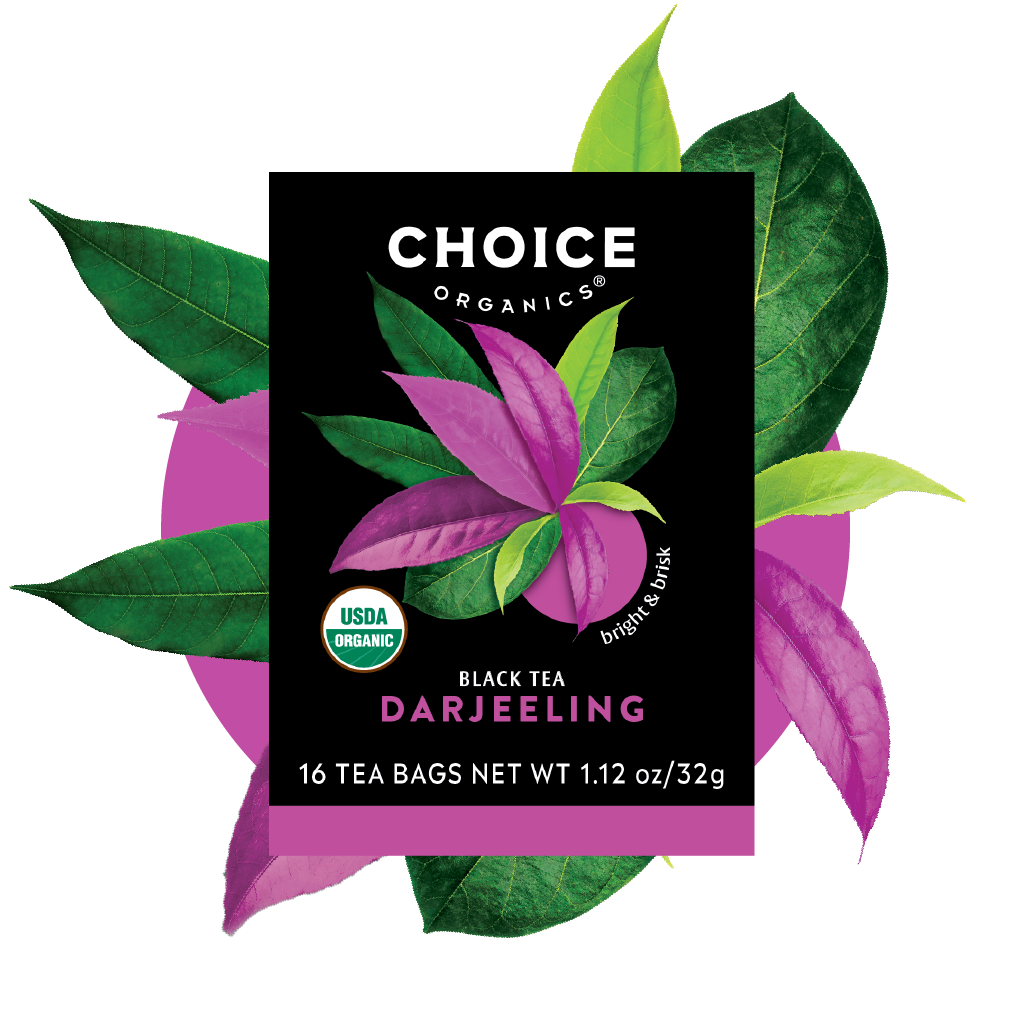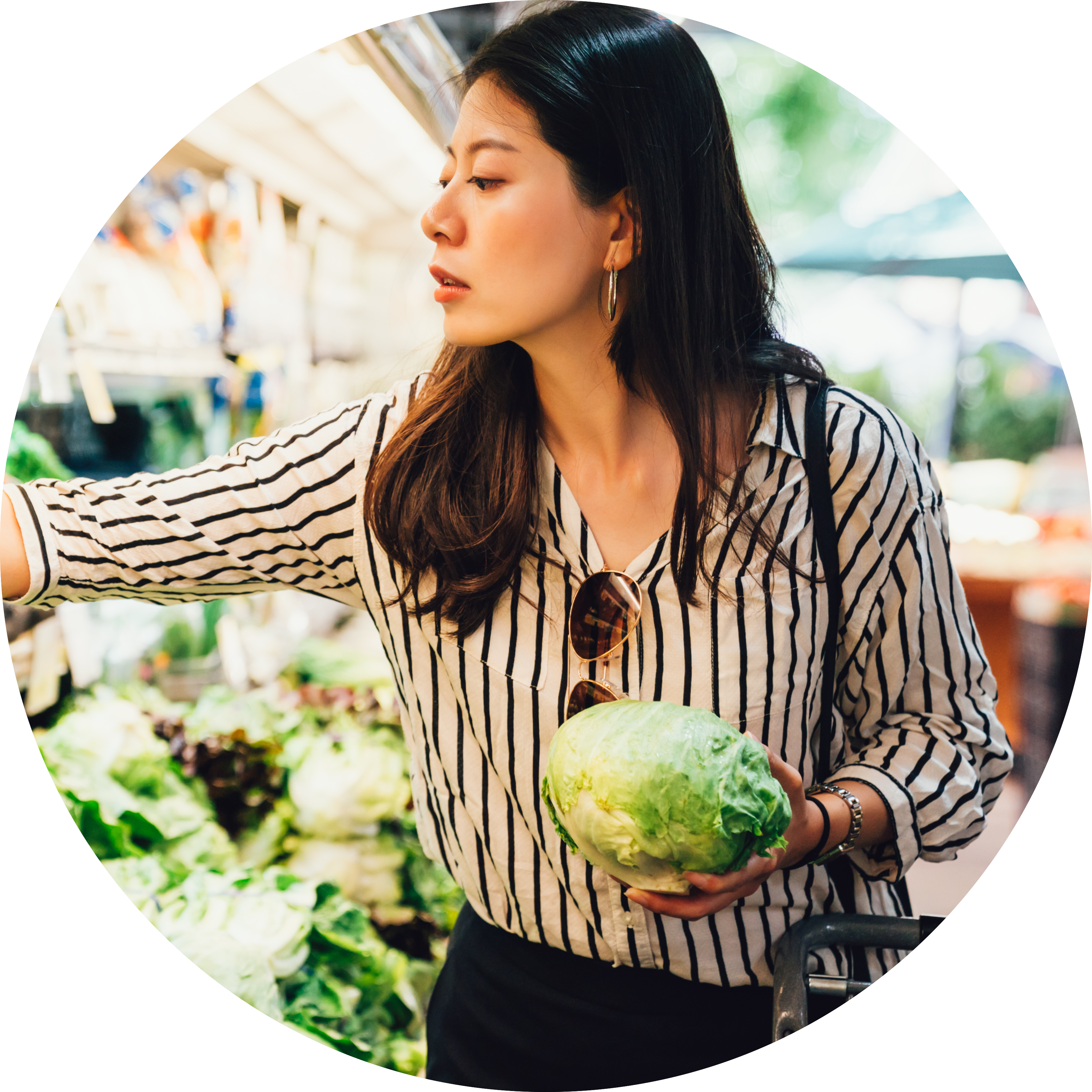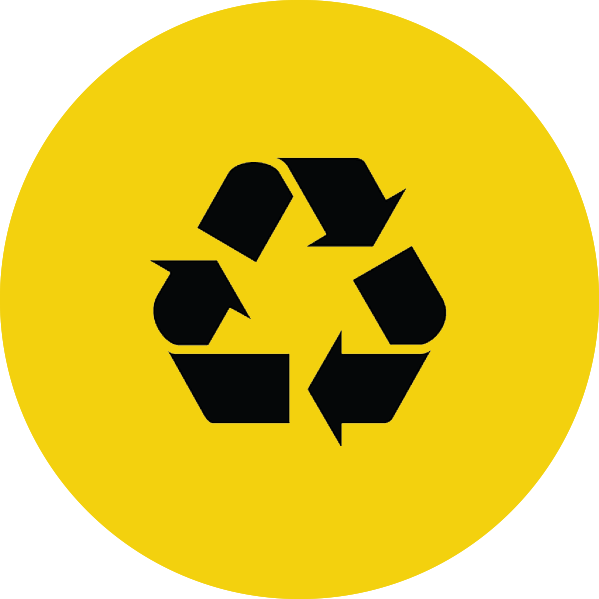Consuming with Intention:
Informed Choices for a Better Life
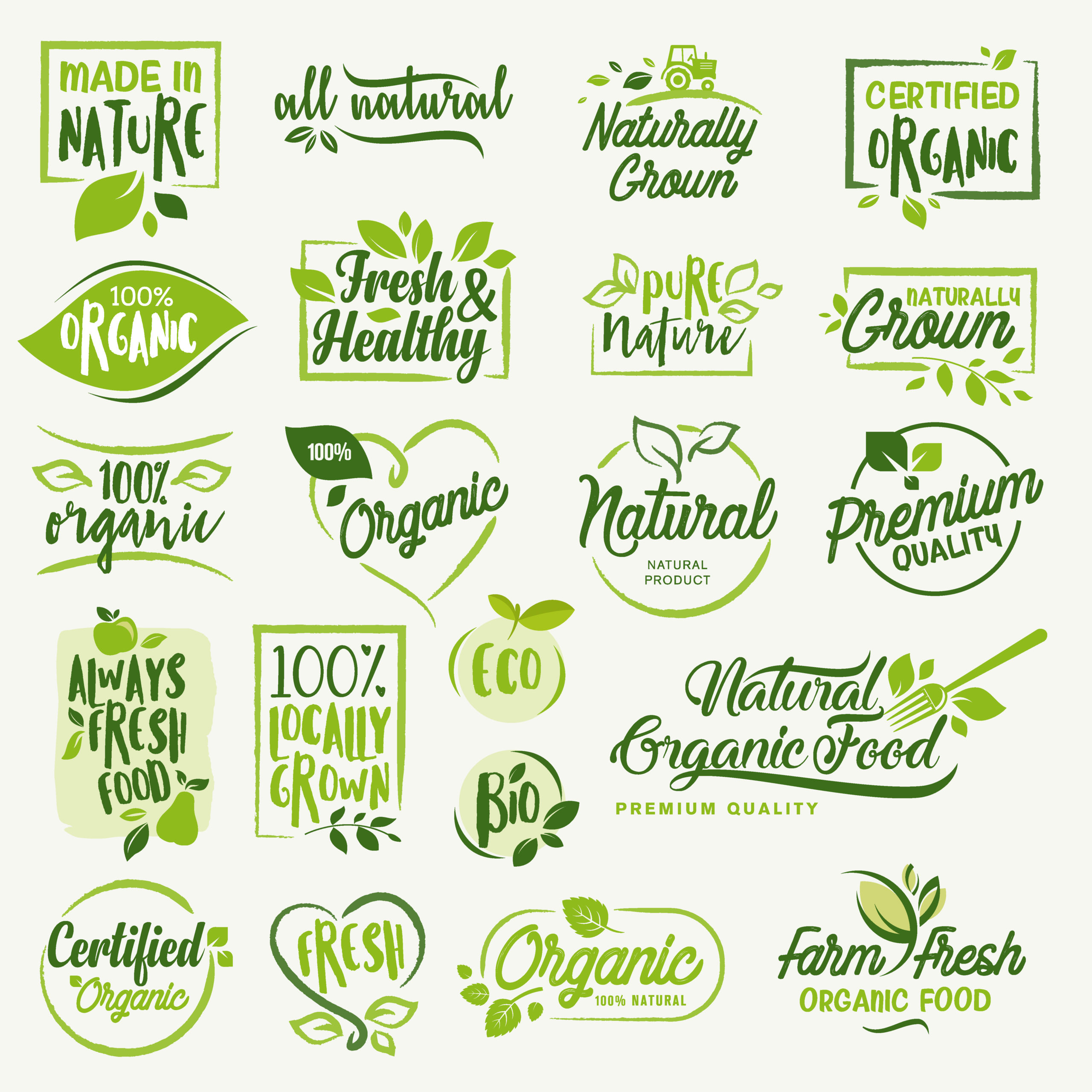
Have you ever stood in the grocery store, stared at dozens of seemingly identical items, and wondered how to make a good choice? Maybe you’ve even compared two items side by side, questioning whether “all natural”, “real ingredients”, “heart healthy”, or “free range” is the better signifier of a good product.
Then, there’s all this talk about brands that are supposedly conducting themselves more ethically than others. But how do you know? What’s the difference between “Fair Trade” and “Equal Exchange”? Is a “Certified B Corp” the same thing as a “Benefit Corporation”? Should any of these claims affect which products you buy?
While we can’t tell you that any of these choices are going to save the world by themselves, we still think that everyday choices make a difference, for you and for the world. Plus, we feel that you should know the truth about what you’re eating.
Unfortunately, as consumer interest in ethical shopping has increased, the market has responded with lots of competing, confusing, and often meaningless certifications — all designed to convince you that a product is healthier, more ethical, or better for the environment. Navigating through this mess is tough, so we’d like to celebrate a couple of easy-to-find certifications that genuinely help you support a healthier world and eat a healthier diet. Let’s get to the bottom of this, together!
Consuming with Intention Blog Series
Our Top Choices
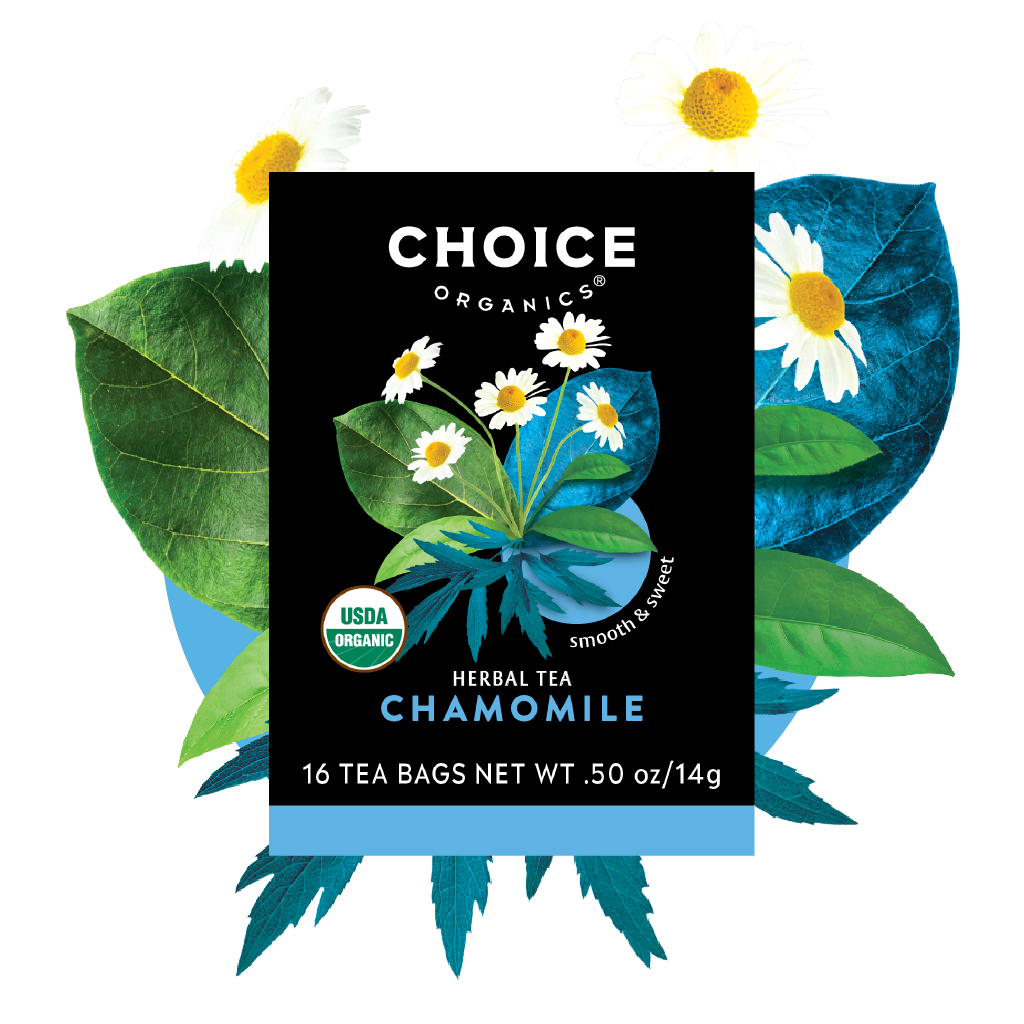
Organic Chamomile
Tea
Learn More
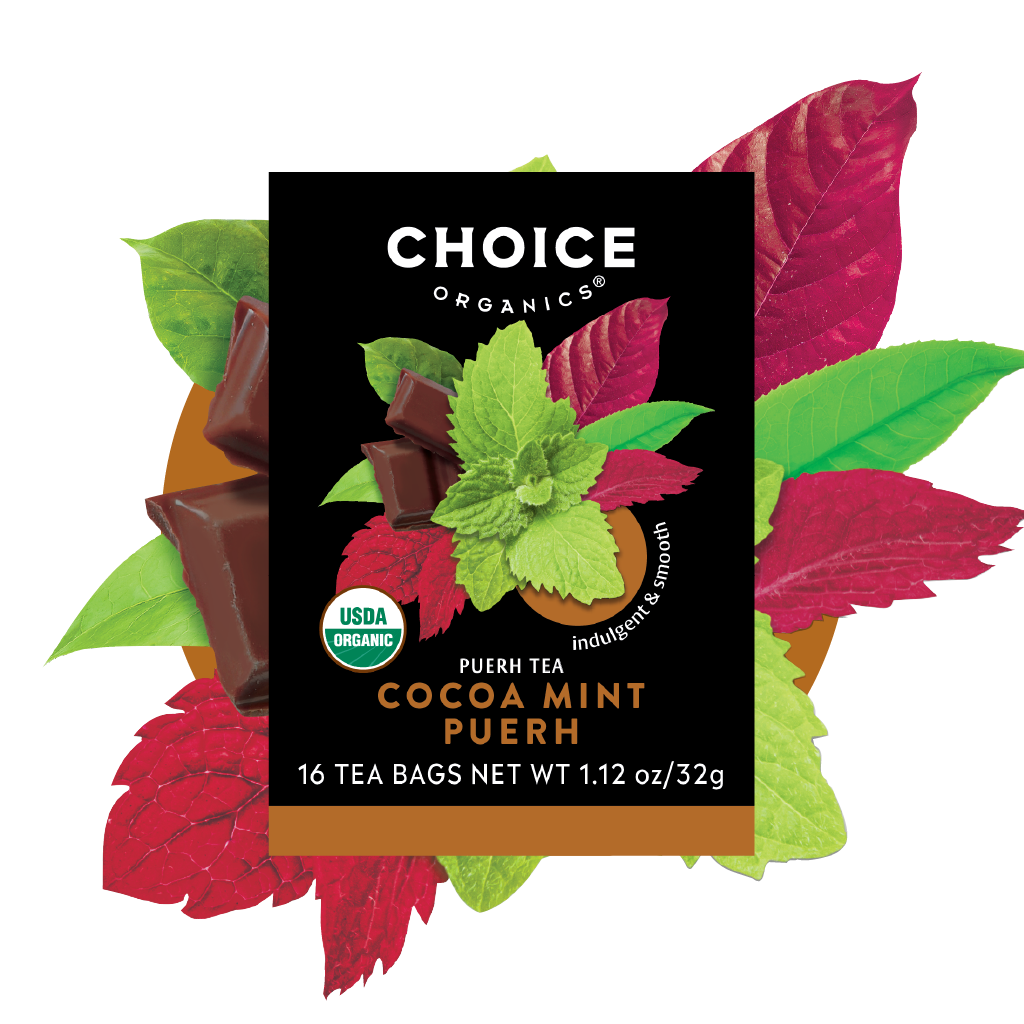
Organic Cocoa
Mint Puerh Tea
Learn More
